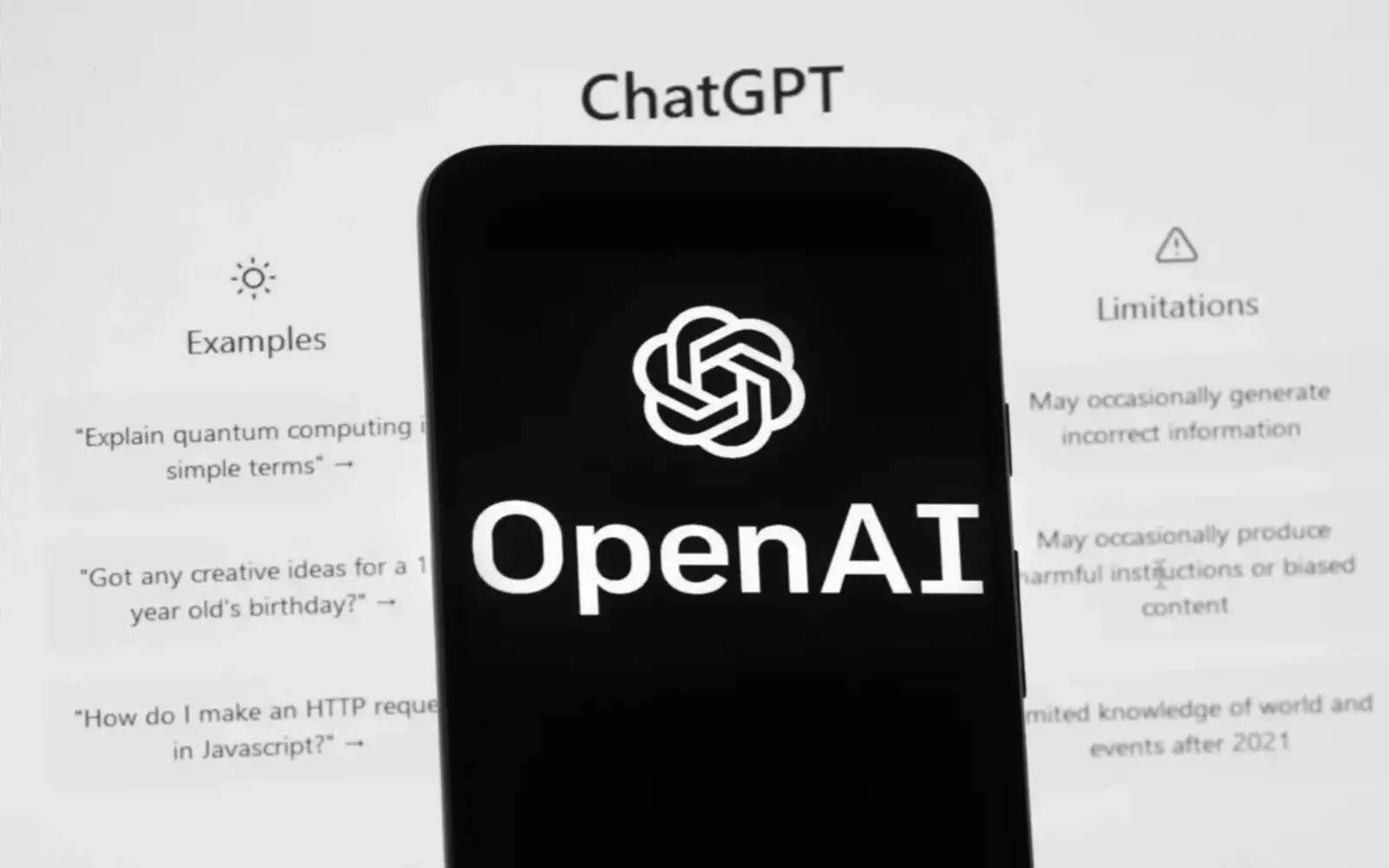GitHub has unveiled a multi-model approach for its Copilot tool, now allowing developers to switch between AI models from Anthropic, Google, and OpenAI. This major shift provides more flexibility for developers to select the model best suited for specific coding tasks, highlighting GitHub’s commitment to choice in AI-powered development.
Alongside this, GitHub has launched “Spark,” an AI-powered tool designed to simplify web app development using natural language prompts, marking another advancement for both novice and seasoned developers. These announcements were made at GitHub’s annual Universe conference, where updates for GitHub Copilot, including expanded functionality and model options, were also revealed.
With this update, developers using GitHub Copilot in platforms like VS Code or on the web can choose models such as:
- Anthropic’s Claude 3.5
- OpenAI’s GPT-4o, o1-preview, and o1-mini
- Google’s Gemini 1.5 Pro, expected to be available in the coming weeks.
The multi-model system allows toggling between models during conversations with Copilot Chat, helping developers find the most effective AI model for each scenario.
GitHub CEO Thomas Dohmke emphasized the need for diverse model choices, noting that no single model can excel in every coding scenario, making this flexibility a significant enhancement for developers.
Originally launched in 2021, GitHub Copilot was one of Microsoft’s first AI-backed tools, following a substantial $1 billion investment in OpenAI. Since then, GitHub Copilot has reached over a million paid subscribers. GitHub’s multi-model expansion could signal Microsoft’s readiness to incorporate models from competitors like Google and Anthropic into its broader AI strategy. Dohmke explained the vision behind the multi-model approach, stating, “Developers expect the agency to build with the models that work best for them.”
Beyond Copilot, GitHub introduced Spark, a natural language-driven tool that simplifies web app development. Spark leverages AI models from OpenAI and Anthropic to provide live previews of apps based on initial prompts. The tool caters to both seasoned developers and novices, enabling code manipulation for advanced users and creating full applications using natural language for beginners. The apps are compatible across devices and can be shared with others, aligning with GitHub’s goal to democratize software development and reach 1 billion developers.
Although GitHub frames this shift as a win for developer choice, there’s a clear side benefit for Microsoft too: reducing its reliance on OpenAI by bringing in other major players. This mix-and-match model could end up changing the game, nudging developers and companies to pick tools based on what actually fits their needs best rather than sticking with one brand.













